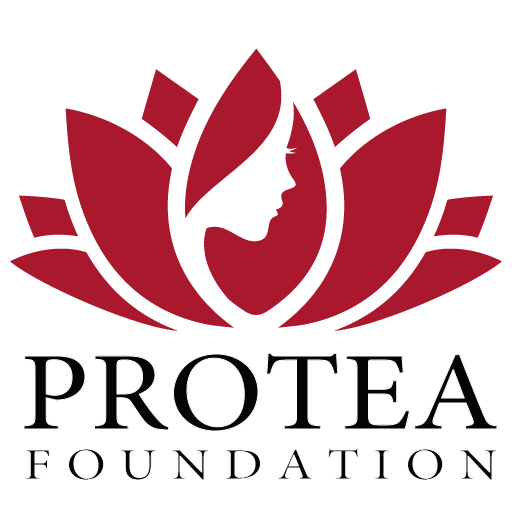Psychedelics are outperforming trauma researchers’ expectations. But why?
A new study offers big clues about where psychedelics’ superpowers come from.
Bessel van der Kolk, one of the world’s top trauma experts, was skeptical when he was first approached about studying the effects of psychedelics on post-traumatic stress disorder (PTSD). But his research findings ultimately proved him wrong — in the best of ways.
Published in a study this month, the findings provide new insights into how therapy combined with MDMA — the psychedelic drug commonly known as ecstasy — can help people who are suffering from trauma.
Van der Kolk, author of the bestselling book The Body Keeps the Score: Brain, Mind, and Body in the Healing of Trauma, had heard all the buzz about the therapeutic potential of MDMA. Research had already shown that offering MDMA-assisted therapy led to a significant reduction in symptoms for people with PTSD, so significant that some of them no longer met the criteria for PTSD after just a few sessions.
But when Rick Doblin, the founder of the Multidisciplinary Association for Psychedelic Studies (MAPS), invited van der Kolk to help lead a new study on MDMA and trauma, van der Kolk offered a warning.
“I tried to put pressure on Rick to exclude people from the study,” he recounted. “I told him, for God’s sake, don’t include people who have never felt safe.”
He was differentiating between PTSD sufferers who’ve endured a single trauma later in life (say, a car crash) and those who’ve endured developmental trauma stretching all the way back to childhood, like those who were abused by their parents. The latter group doesn’t tend to respond as well to psychotherapy, so van der Kolk didn’t think they’d get better over the course of the study.
LINK TO FULL ARTICLE:
https://www.vox.com/future-perfect/24051647/psychedelics-trauma-mdma-ptsd-self-compassion
